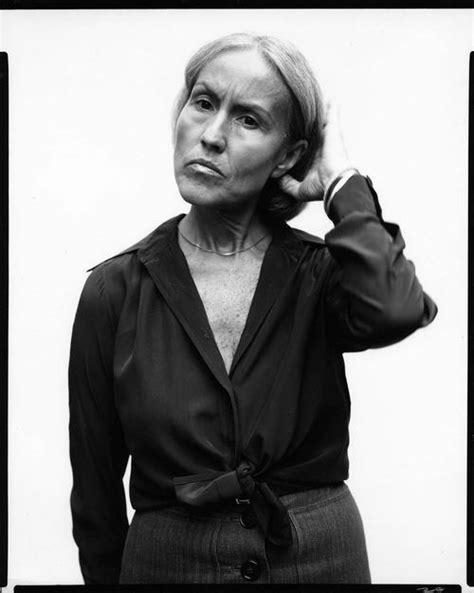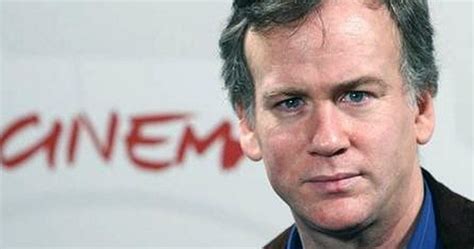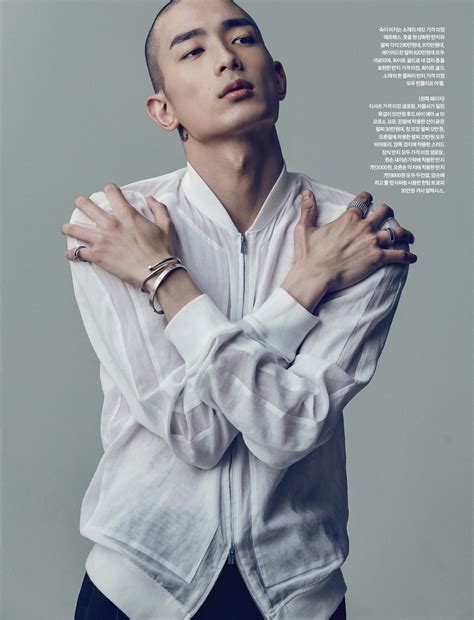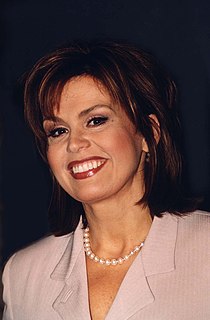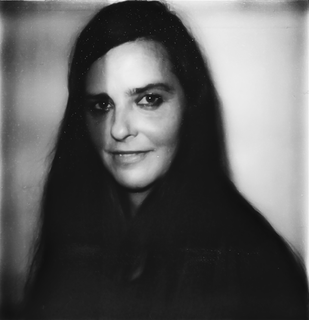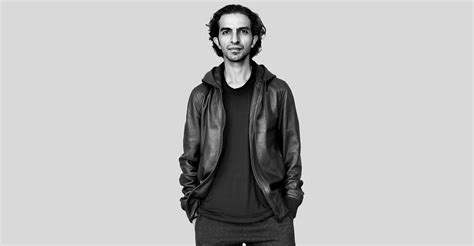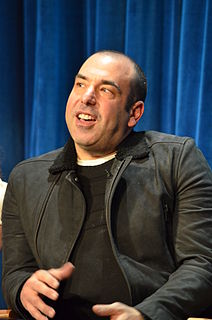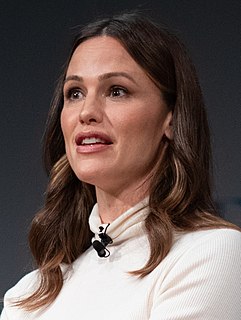A Quote by Raf Simons
I'm fascinated by the way Diane Arbus saw things. She came from this fashion background and then twisted it.
Related Quotes
Producer Ed Pressman had a book about Diane Arbus - it's the only biography that exists - and there had been many Diane Arbus scripts. Many. I don't even know how many over the years. And it's sort of a cursed project, for lots of reasons. There's probably some pile somewhere of all these weird attempts, all these portraitures that can't get made.
I'm crazy about Diane Von Furstenberg. It's a relationship that's very different; I don't see Diane a lot. So when I saw the article in New York magazine she looked so beautiful and it was talking about her work, too. She set up the interview and it was happening. That's different than someone writing a book about you who you've never met.
For me it is essential to understand that everyone is alone. Not in the sense of loneliness, but rather in the sense that no one can completely understand someone else. I know very well what Diane Arbus means when she says that one cannot crawl into someone else's skin, but there is always an urge to do so anyway. I want to awaken definite sympathies for the person I have photographed.



